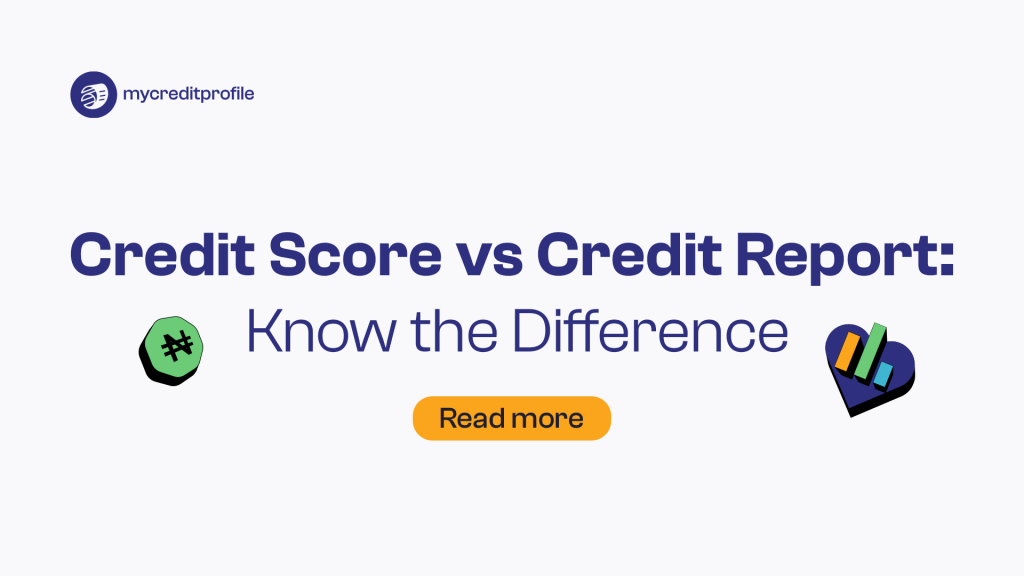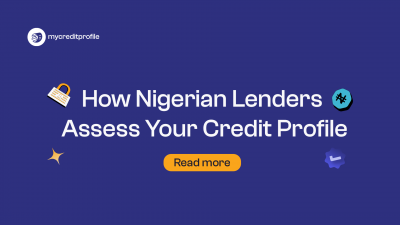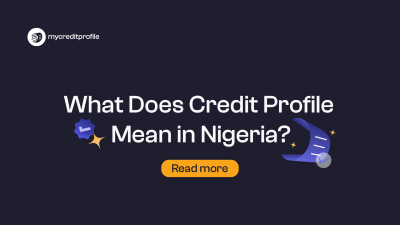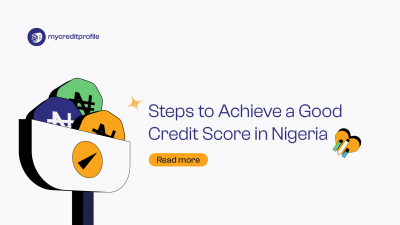
Many Nigerians are increasingly interested in accessing instant credit options, including Buy Now Pay Later (BNPL) services and digital loans. Yet, confusion around key financial terms like credit score and credit report often stands in the way of approval. To unlock the full potential of platforms like mycreditprofile.me, understanding the difference between your credit score and credit report is not just helpful, it’s essential.
These two concepts work hand in hand to build your credit profile, but they’re not interchangeable. One shows the summary, the other tells the story.
What Is a Credit Report?
A credit report is a detailed record of your financial activity. It captures your borrowing history, repayment behavior, existing credit facilities and any financial red flags like defaults or late payments. Essentially, this document paints a complete picture of your creditworthiness over time.
In Nigeria, many individuals lack formal credit reports because their financial activity isn’t being tracked or reported to credit bureaus. That’s why platforms like mycreditprofile.me are crucial. They help you build a structured credit profile in Nigeria even if you’re new to formal borrowing.
A good credit report typically includes:
- Active and closed loan accounts
- Payment history across different lenders
- Credit limits and balances
- Public records like court judgments or bankruptcy
- Identity verification and personal information
This report serves as the backbone of your credit profile, which lenders and BNPL providers analyze to determine if you qualify for instant credit.
What Is a Credit Score?
If the credit report is the full biography, the credit score is the summary. It’s a numerical value that rates your overall creditworthiness based on your credit report data. The higher the score, the lower the perceived risk to lenders.
In most systems, scores range from 300 to 850. However, what counts as a “good” score can vary depending on the lender’s policies and the credit bureau’s methodology.
How They Work Together
Your credit profile is an ecosystem. The report feeds the score, and the score influences your eligibility for credit. Lenders may first look at your score to gauge whether to continue evaluating you. If the score is acceptable, they then dive into the details of the report.
For example, a user with a high score but a report showing recent missed payments might still get denied. On the flip side, someone with a modest score but a clean, improving credit report may be considered for instant credit in Nigeria, especially through platforms like mycreditprofile.me that offer deeper insight into financial behavior.
BNPL providers follow a similar process. Since they’re often working with smaller amounts over shorter terms, they may rely more heavily on the score for quick decisions but the report still matters.
Why Credit Visibility Matters in Nigeria
In many parts of the world, accessing loans or Buy Now Pay Later in Nigeria is relatively seamless because consumers have long-established credit histories. In Nigeria, however, many people don’t have access to traditional credit systems or lack financial documentation.
This is where mycreditprofile.me plays a transformative role. The platform builds a comprehensive credit profile based on:
- Income patterns
- Mobile money transactions
- Repayment history with lenders and merchants
- Daily spending habits
This data powers both your credit report and your credit score, giving lenders and BNPL providers the confidence to offer you real-time financing options.
Common Myths About Credit Scores and Reports
Myth 1: A high income guarantees a high credit score
Not true. Income is not directly factored into your credit score. What matters more is how you manage your current obligations.
Myth 2: Checking your credit score will lower it
Regularly checking your own score on mycreditprofile.me does not affect your credit rating. In fact, it helps you stay informed and improve your financial health.
Myth 3: BNPL doesn’t impact your credit profile
On the contrary, responsible usage of BNPL in Nigeria can boost your credit profile if tracked properly—especially on platforms like mycreditprofile.me where every transaction contributes to your profile.
Taking Control of Your Financial Reputation
Instead of waiting for lenders to define your eligibility, you can proactively shape your creditworthiness. Financial tools like mycreditprofile.me let you take control of both your credit score and report in one place. By understanding what each element represents, you’re better prepared to qualify for instant online loans, flexible BNPL plans and longer-term credit facilities.
The platform doesn’t just collect your data, it gives you personalized tips to grow your score, identify red flags in your credit report and connect with lenders who are actively looking for profiles like yours.
Begin Your Journey with a Strong Credit Profile
Understanding the difference between your credit score and credit report is just the beginning. To actually benefit from this knowledge, you need a platform that transforms your financial activity into real opportunities.
Start building your credit profile today at mycreditprofile.me and unlock the power of instant credit, BNPL access and smart financial insights designed just for you.




